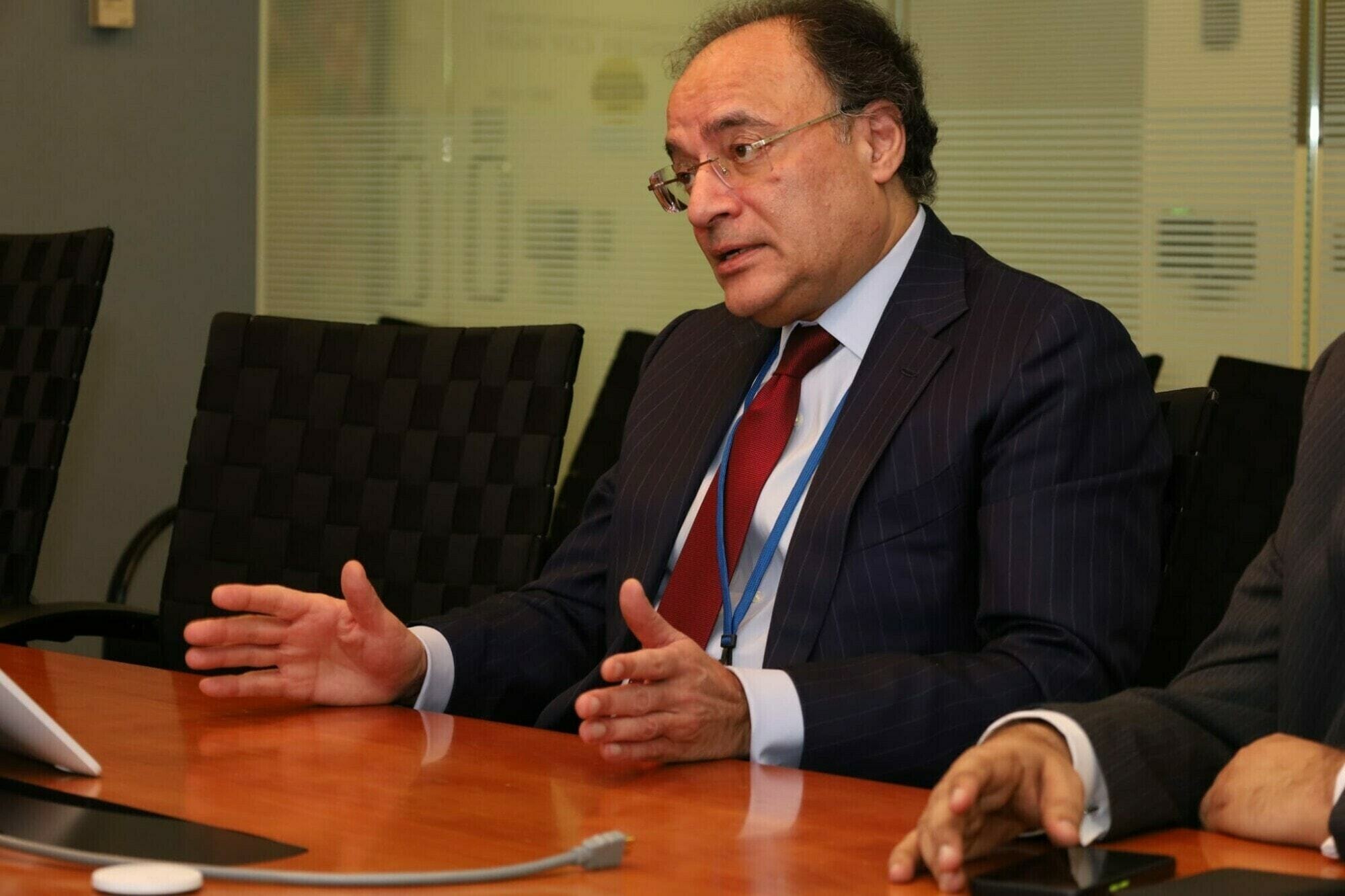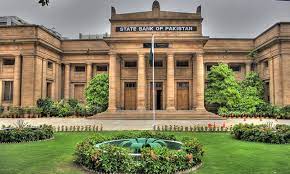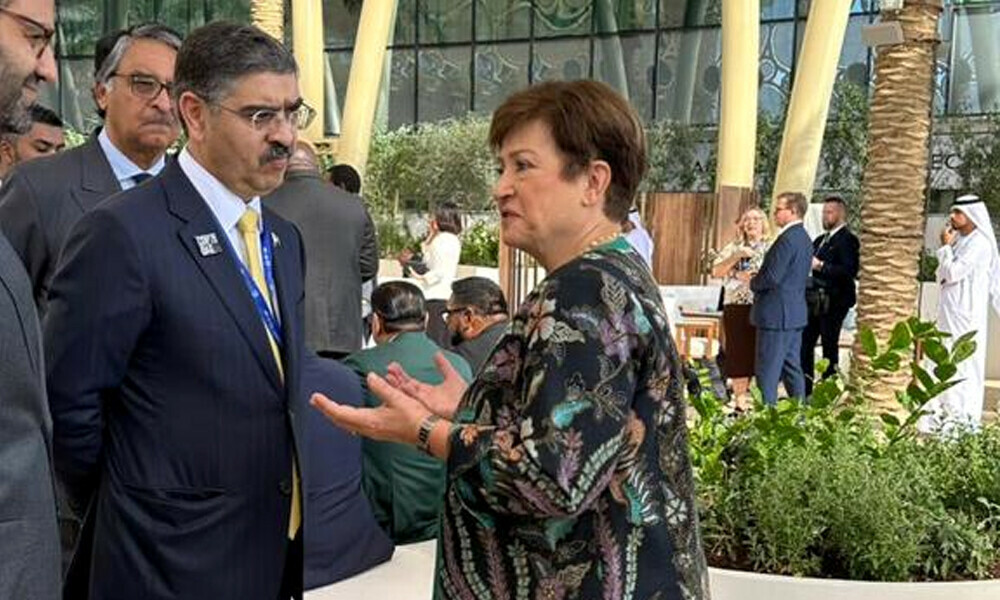PTBP Web Desk
Finance Minister Muhammad Aurangzeb announced a significant step towards streamlining Pakistan’s tax system by revealing his intention to personally request Chief Justice Yahya Afridi to prioritize the resolution of tax-related litigations. This move aims to alleviate the longstanding tussle between the Federal Board of Revenue (FBR) and taxpayers, which has often led to delayed decisions and economic inefficiencies.
Speaking to the media, Aurangzeb disclosed that he had already engaged in discussions with the Chief Justice regarding this matter. He emphasized the urgency for swift judicial outcomes, stating, “Decisions on tax cases should come soon, so that there are no problems.” This initiative is part of broader efforts to ensure compliance and reduce the backlog of cases, thereby enhancing the efficiency of tax collection and administration.
Aurangzeb also touched upon Pakistan’s relationship with the International Monetary Fund (IMF) under the Extended Fund Facility Programme. He expressed confidence in meeting the structural benchmarks set by the IMF, noting, “We are hopeful that the 6-month review will be good. We are in an IMF programme and know the constraints.” This reflects the government’s commitment to fiscal discipline, which is crucial for economic stability and growth, particularly in light of upcoming budgetary considerations.
In preparation for the fiscal year 2025-26 budget, Aurangzeb highlighted the government’s strategy to align the budget with the economic vision dubbed “Uraan, Pakistan,” focusing on economic upliftment and policy continuity. He mentioned that the FBR is actively seeking proposals from stakeholders to broaden the tax base, introduce progressive taxation, and simplify tax laws. Additionally, he hopes to see a reduction in the policy rate to single digits, which would further stimulate investment, particularly in small and medium-sized enterprises (SMEs).
During a pre-budget discussion at the Islamabad Chamber of Commerce and Industry (ICCI), the Finance Minister called for active participation from the private sector in Pakistan’s economic turnaround. He painted an optimistic picture of the country’s economic trajectory, citing increased investments and a significant drop in inflation to 2.41%, thanks to successful policy implementations over the last year.
Aurangzeb underscored the importance of a stable policy framework and government support for both local and foreign investments. He assured that the government is prepared to incorporate business community proposals into the upcoming budget to facilitate economic growth and ease of doing business.
Further insights were shared by Minister of State for Finance Ali Pervaiz Malik, who praised Prime Minister Shehbaz Sharif’s leadership for averting a financial default. Malik stressed the importance of export-led growth, saying, “Every entity in the country must contribute to exports.” He highlighted achievements like reducing food inflation, narrowing the current account deficit, and stabilizing the Pakistani Rupee, attributing these successes to prudent economic policies.
Rashid Mehmood Langrial, Chairman of the FBR, committed to addressing the business community’s concerns transparently, while Nasir Mansoor Qureshi, President of ICCI, commended the government’s engagement with business stakeholders for budget formulation. Qureshi outlined several proposals for the forthcoming budget, including tax reforms, energy tariff reductions, and incentives for special economic zones, among others, to foster sustainable economic growth.
The collaborative approach between the government and business community, as discussed, aims not only at immediate economic relief but also at laying the groundwork for long-term prosperity through policy reforms, investment in renewable energy, and support for SMEs and startups.




